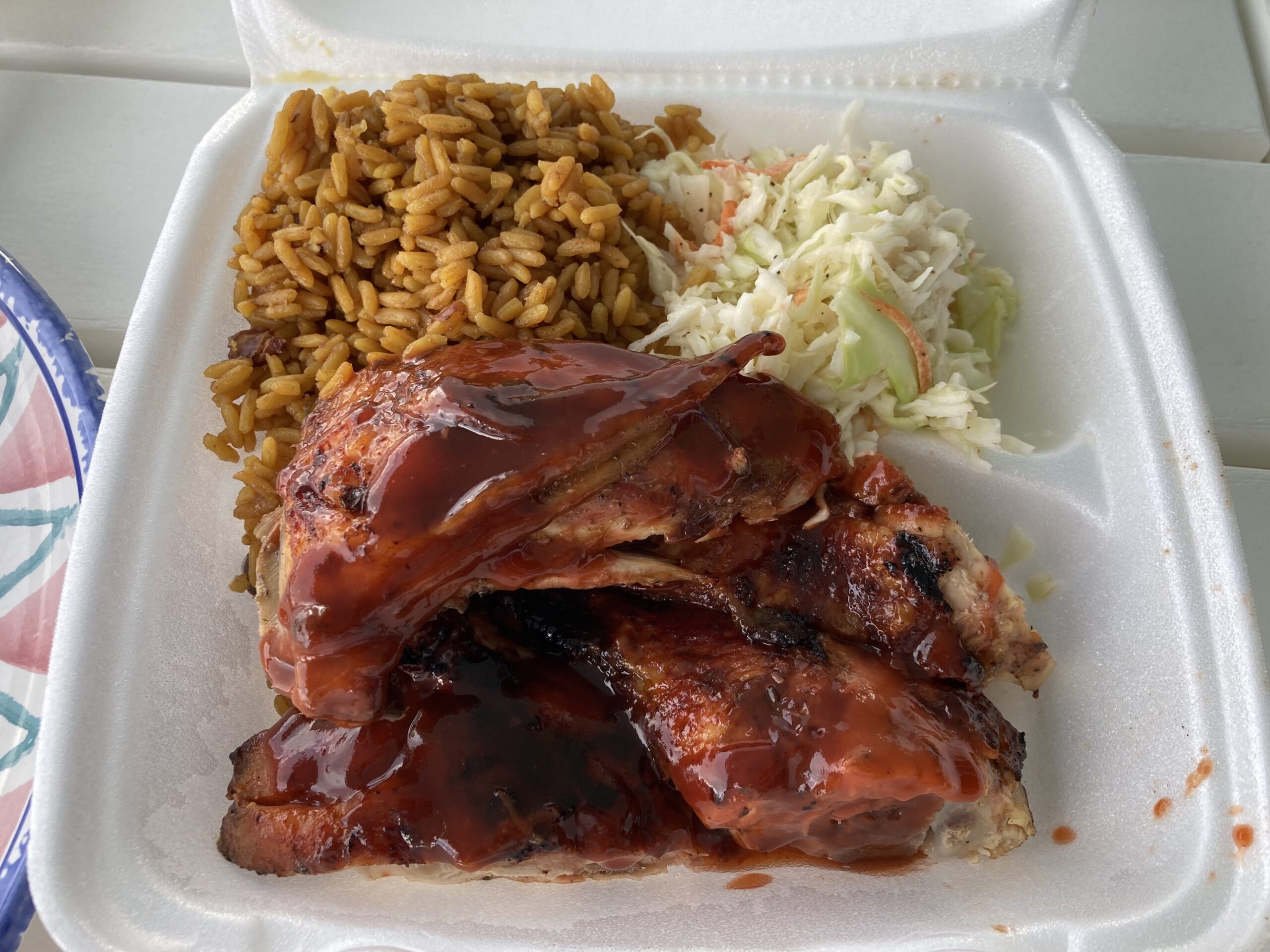
Plastic go-cups and polystyrene takeaway boxes are in the sights of local and federal policymakers hoping to keep the trash out of Virgin Islands landfills, off roadsides, and far from beaches.
Federal officials granted the USVI nearly $700,000 to combat restaurant-related pollution like single-use plastics and other waste, the Environmental Protection Agency announced Thursday.
The $699,000 grant targets restaurants, bars, food trucks, concessions, marinas, charter boats, and other food distributors. Department of Planning and Natural Resources employees will visit decision-makers on site to discuss ways to reduce and ultimately eliminate plastic trash from the restaurant industry by developing practices that prevent pollution at the source locally.
The money helps expand the V.I. Clean Coasts program, which focuses on significantly reducing single-use food plastics. The project also will engage stakeholders and gather community input, according to the EPA. The idea is to reduce people’s exposure to harmful chemicals and waste, especially in historically marginalized, underserved, and overburdened communities across the Virgin Islands.
DPNR Commissioner Jean-Pierre Oriol said he was excited to expand the V.I. Clean Coasts program — implemented in 2018 with the intended goal of assisting small businesses with eliminating the use of polystyrene.
“We are proud that six years later it has become an invaluable tool for the territory in ridding our islands from single use plastics and other harmful pollutants,” Oriol said in a written statement. “With the expansion made possible with this grant we are excited to continue this work for the health of our people and environment.”
While paper or wooden straws have become commonplace in much of the Caribbean, the plastic go-cup and polystyrene take-away box remain stubbornly in place.
EPA Regional Administrator Lisa F. Garcia has become a regular face in the territory during the Agency’s overseeing of chemical removals from St. Croix’s oil refinery recently, said while the Virgin Islands has a great diversity of food outlets, changing how that food is delivered will create a healthier environment for all.
“The U.S. Virgin Islands has a rich tapestry of excellent food — whether it be from neighborhood restaurants, food trucks or places geared toward tourists. But these businesses sometimes use single-use plastics and other food containers or implements to serve food that unnecessarily fill up the U.S. Virgin Islands landfills,” Garcia said in a written statement. “This federal funding, available through the Bipartisan Infrastructure Law, will support a program to give these businesses the help they need to find alternatives and reduce the waste they generate.”
The money comes through the EPA’s Environmental Justice in Communities program, which assists food service companies in cutting waste. The funding was made possible by President Joe Biden’s Bipartisan Infrastructure Law. DPNR is one of 24 recipients across the country that were selected to collectively receive nearly $16 million in pollution prevention grants. DPNR likely won’t see the money for several months, said the EPA’s Kenneth Labbe, as legal and administrative hurdles need to be surmounted.
Between 2011-2021, EPA’s Pollution Prevention program has issued nearly 500 grants totaling more than $50 million, which have helped businesses identify, develop and adopt P2 approaches. These approaches have resulted in eliminating 19.8 million metric tons of greenhouse gases, saving 49 billion gallons of water, reducing 917 million pounds of hazardous materials and pollutants, and saving more than $2.2 billion for business, the EPA said.


